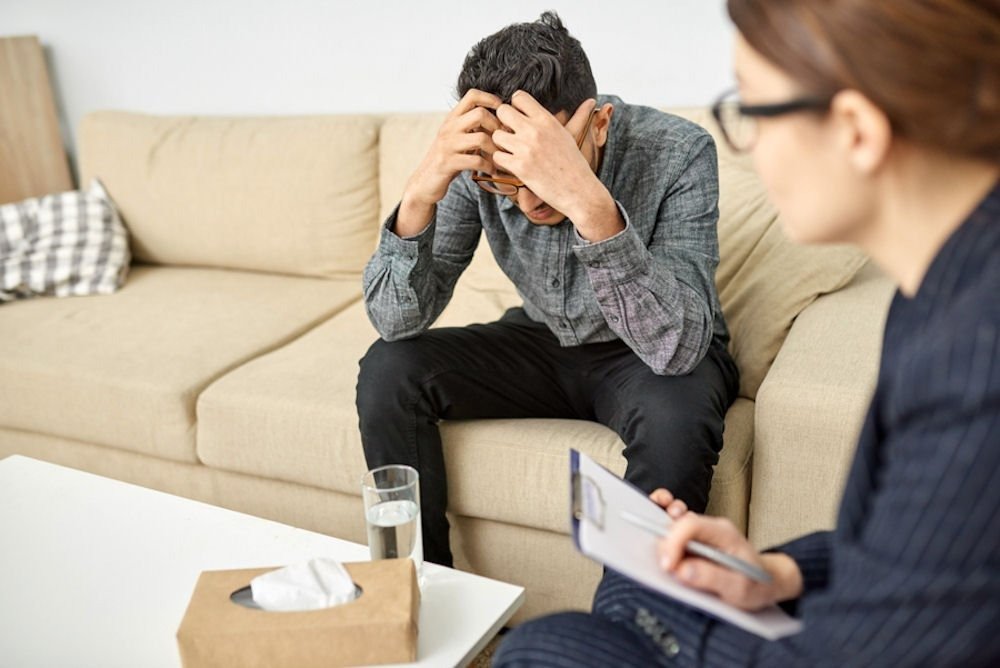
Ulcers and alcohol often go hand in hand, but how exactly are they connected? Ulcers, which are painful sores that form in the lining of your stomach or small intestine, can make everyday life feel uncomfortable, even more so when paired with alcohol. Whether you’re a casual drinker or someone who enjoys a nightly glass of wine, it’s important to understand the connection between alcohol and ulcers to protect your digestive health.
Alcohol can disrupt the balance of your stomach’s protective barriers, increasing stomach acid and reducing mucus production, two key factors that contribute to ulcer formation. This combination can lead to inflammation and irritation, creating the perfect environment for developing ulcers.
If you’ve noticed stomach pain, nausea, or bloating after drinking, it might be worth exploring how alcohol could impact your digestive health. Understanding this connection can help you make informed choices about your alcohol consumption and prevent discomfort down the line. Golden Gate Recovery in Marin County, California can help you or a loved one recover.
Excessive drinking is when you’re knocking back more alcohol than is considered safe or responsible. For most adults, binge drinking means having 5 or more drinks in a short period for men, or 4 for women. If you’re drinking frequently at this level or more, it’s considered excessive. But even if you’re not going that far, heavy drinking (defined as having more than 8 drinks per week for women or 15 for men) can still have negative effects on your health.
Drinking too much alcohol can mess with your stomach, with one of the potential issues being ulcers. Your stomach produces acid to help digest food, but when you overdo it with alcohol, that acid can irritate the stomach lining, making it more likely to develop ulcers. Heavy drinking can also weaken your body’s ability to heal from the damage caused by acid. So, if you’re noticing stomach pain, bloating, or discomfort, it might be worth keeping an eye on your alcohol intake. Too much of anything can take a toll on your body!
An alcoholic ulcer isn’t a specific type of ulcer, but it’s a term often used to describe the kind of ulcers that can form from drinking too much alcohol. When you drink a lot, the alcohol can irritate the lining of your stomach, leading to sores or ulcers. These ulcers can cause symptoms like stomach pain, nausea, and discomfort. Heavy alcohol consumption messes with the protective layer of your stomach, making it more vulnerable to stomach acid.
If you’ve got an alcoholic ulcer, chances are you’ll feel some pretty uncomfortable stomach symptoms. It might feel like a dull, gnawing pain in your stomach that doesn’t go away easily. Some people describe it as a sharp or burning sensation, especially after eating or drinking things like alcohol or spicy foods. You might also feel bloated, nauseous, or even throw up. The pain can worsen when your stomach is empty, and sometimes it might even wake you up at night. If you’re experiencing these kinds of symptoms, it’s a sign something’s not right, and it might be time to cut back on the drinking and talk to a doctor.
If you’ve got an ulcer caused by drinking too much alcohol, there are some signs and symptoms to watch out for.
A dull, burning, or sharp pain, especially in the upper abdomen.
Feeling full, bloated, or nauseous after eating or drinking.
A burning sensation in the chest, especially after consuming alcohol.
Discomfort, gas, or a feeling of fullness after meals.
Discomfort makes you not want to risk eating anything.
Pain or discomfort that worsens at night, making sleeping difficult.
Occasional or persistent vomiting, especially when drinking alcohol.
Feeling tired or weak, which can be linked to digestive issues.
Alcoholic ulcers don’t just pop up out of nowhere – they’re caused by a mix of factors that mess with your stomach lining.
Drinking alcohol when you have a stomach ulcer is like throwing gasoline on a fire—it makes everything worse.
Drinking alcohol can make your stomach pain, nausea, and bloating much worse.
Alcohol slows down your body’s ability to heal ulcers, meaning they can stick around longer.
Alcohol raises stomach acid levels, making the ulcer even more irritated and painful.
Drinking while you have an ulcer can lead to bleeding, infection, or more serious stomach issues.
Continued drinking can cause more discomfort, making it harder to eat and maintain a healthy diet.
Over time, the combination of alcohol and ulcers can lead to more severe digestive problems or other complications.

You can, but that wouldn’t be the smartest option. It’s generally not recommended to drink alcohol if you have a stomach ulcer. If you do decide to drink, it’s best to limit your alcohol intake as much as possible. Stick to smaller amounts of low-alcohol drinks, and avoid things like beer, whiskey, or mixed drinks that are high in acidity or sugar, as they can be particularly tough on your stomach. It’s always a good idea to check with a doctor before making any decisions about alcohol consumption, especially when dealing with ulcers.
If you’re worried you might have a stomach ulcer, here’s what you can do:
You can still have a lot of fun while drinking a lot less. Here are ways you can limit yourself to protect your health.
Decide how much you want to drink and stick to it.
Keep a journal or use an app to monitor how much you’re drinking.
Try non-alcoholic drinks like sparkling water or mocktails.
Keep yourself occupied with hobbies or activities that don’t involve alcohol.
Don’t chug it, take your time and savor the flavor.
Surround yourself with friends who support your decision to cut back.
Pay attention to how alcohol makes you feel—then decide if it’s worth it.
Focus on what you’re trying to achieve by reducing your drinking.
Celebrate small wins and treat yourself when you meet your goals.
We acknowledge the uniqueness of each individual, understanding that their needs and aspirations may differ, as every situation is distinct. Golden Gate Recovery Center is a committed men’s addiction treatment facility that offers a wide range of resources aimed at tackling both addiction and mental health issues.
Situated in the tranquil environment of Marin County, CA, our rehabilitation center ensures a secure and nurturing atmosphere for those pursuing recovery. Golden Gate focuses on uncovering the underlying causes of co-occurring disorders and exploring the connection between addiction and mental health challenges. Always check in with a healthcare provider to get personalized advice and treatment tailored to your specific needs.
We provide dual diagnosis treatment focusing on relieving symptoms and providing strategies to help our clients stop drinking and become sober.

If you’re a man who’s been struggling with alcohol addiction and has developed an alcoholic ulcer as a result, Golden Gate Recovery in Novato, CA can help you or a loved one break free from alcohol’s choke-hold and take the first step towards a healthier life.
Immerse yourself in our expansive and carefully curated programs that are personalized just for your needs as you walk away from addiction and towards control. Say goodbye to the drinks that don’t serve you and hello to a healthier, happier you. With abundant care and support, Golden Gate Recovery’s alcohol rehab center is your go-to spot to pour your focus into a brighter future. Don’t wait for the perfect moment, contact us today and get the ball rolling.
Get confidential help! Call Us Now for:

Golden Gate Recovery is a grass roots organization created by men in long term recovery with a simple mission: to continue strengthening our therapeutic and peer led community toward the goal of long term recovery for each client.